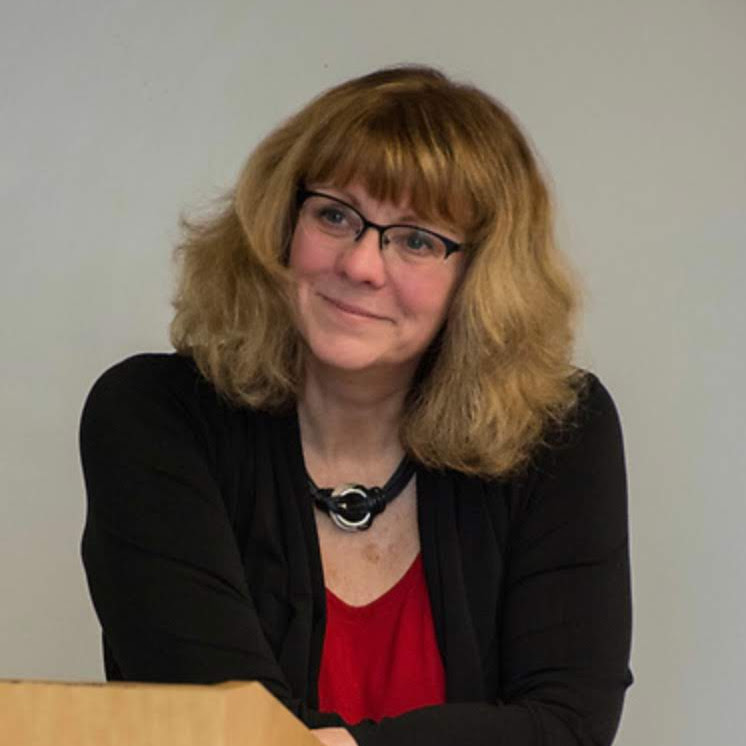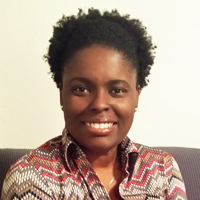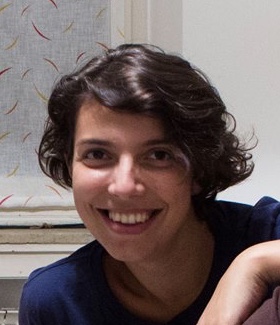Professor moms meet virtually to discuss challenges they face in pandemic
URI Professors, Cheryl Foster, Kayon Murray-Johnson and Anna Santucci, share their experience of balancing work and children amid the pandemic. Photos from uri.edu.
Professor Cheryl Foster checked her calendar and realized she’d put in the wrong date for the “Professor Mom” Zoom lounge on Oct. 2.
She laughed it off, but it ended up being a perfect example as to why she and Professor Kayon Murray-Johnson were facilitating the conversation.
“We’re making blunders, Foster said. “We’re dropping things and then we feel shame and guilt and then we beat ourselves up.”
Foster, a philosophy professor, and Murray-Johnson, an assistant professor of adult education, are both faculty development affiliates of the Office for the Advancement of Teaching and Learning (ATL). As part of ATL’s one-hour conversation series, they hosted “Professor Mom” to focus on how COVID-19 has affected faculty members who are also moms. The intentions were to create a safe space for these professor moms to share their experiences and potentially get answers to the question of how to balance both roles.

“How can I balance the act?” was the main question that Murray-Johnson wants to answer or at least begin to understand through this conversation series.
Beyond speaking with other faculty members that led to the decision to host a virtual lounge, Foster and Murray-Johnson found through research that in the past few months, female productivity in academia has fallen as a result of the demand of being a professor and a mom during the pandemic.
It was these findings that led them to make the group focus on professor moms and not parents in general. They hope, however, that this conversation will inspire sessions for other faculty populations at the University of Rhode Island.
“I certainly see it as a starting space, certainly not something that may be sustained by me or by us,” Murray-Johnson said, “but a place that is the beginning point and it came out of conversations from various women who just said ‘this is a lot,’ and so I thought, ‘why not have a space where we can at least begin the conservation?’ You never know what might emerge.”
To keep the lounge intimate and provide a safe space for participants, they only allowed for 40 faculty members to register. The day they opened registration 25 people signed up, and within two days, they had 35 participants already registered to attend.
Anna Santucci, a faculty development specialist in the office, helped to advertise and support the event. Working with ATL, the conversation series lectures are one-off one-hour events to support and discuss issues with and amongst faculty. Phyllis Penhallow, a lecturer and adviser in URI’s human development and family studies department, reached out to Santucci and showed interest in the conversation. She started an ongoing online parenting forum for parents at the start of COVID, and by attending the lounge, she was able to offer her own expertise in the realm of parenting, along with Foster and Murray-Johnson.
While, “Professor Mom” is focused on and for faculty members, there is a student component to it.

“As the Advancement of Faculty and Learning, we support their journey as teachers so that they can be their best selves when they support their own students,” Santucci said.
Students too, have felt the effects of COVID-19 both inside and outside the classroom as URI transitioned to online courses and now a mix of remote and in-person classes for many. While they are learning and adjusting, so are professors, explained by the blunders that Foster mentioned.
Foster shared the story of the time this semester where she had to cancel her THE 338G: Ethics in Theatre Zoom class because her daughter needed to go to the hospital. Foster made sure to keep her students updated, which included sending a picture of her daughter at the hospital.
“We’re all vulnerable to these unforeseen difficulties and by modeling a level of comfort with [students] and communication, I was hoping that then if you’re having a hard time, you can reach out,” Foster said. “I hope that one thing that can come out of this, is that if we own and share that we are all in this situation, that we can also bring back for our students a level of comfort, compassion and realistic expectations for ourselves and others.”
Murray-Johnson and Foster both agreed that this is a time when we need great compassion and empathy for others, faculty and students alike.
For Murray-Johnson, her hope is “for people to take away the real fact and internalize the fact that they are not alone and believe it.”

